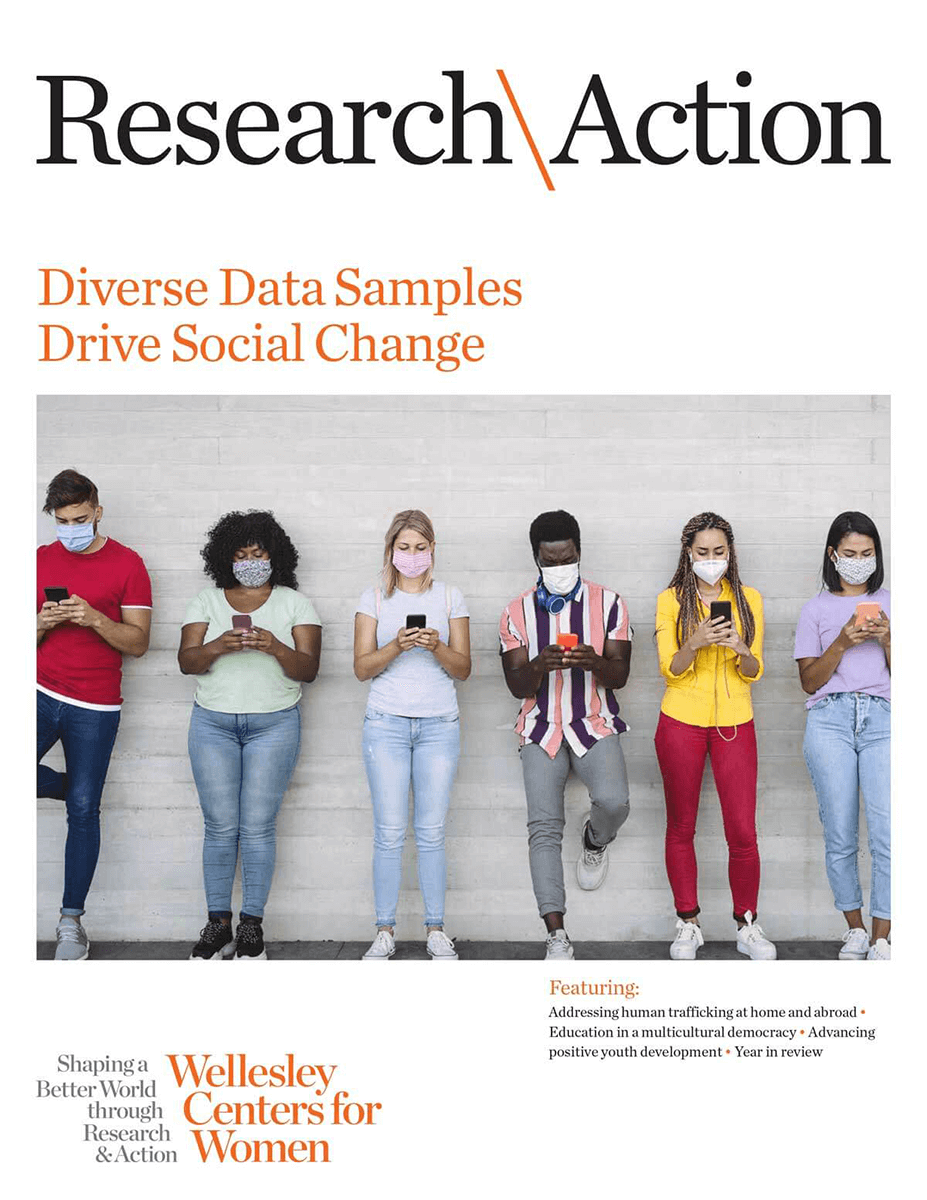 Starting in March 2020, many Massachusetts parents found themselves working from home and caring for their young children at the same time. When child care reopened that summer, new health and safety guidelines raised costs and made fewer slots available. Many child care centers and family child care homes closed, and fewer educators were available to care for and educate young children.
Starting in March 2020, many Massachusetts parents found themselves working from home and caring for their young children at the same time. When child care reopened that summer, new health and safety guidelines raised costs and made fewer slots available. Many child care centers and family child care homes closed, and fewer educators were available to care for and educate young children.
Thanks to support from WCW’s Harold Benenson Memorial Research Fund, Senior Research Scientist Wendy Wagner Robeson, Ed.D., explored this “new normal” of child care by interviewing 25 Massachusetts families with children under the age of five. She looked at how these families were accessing child care during the pandemic, their experiences and perceptions of the multiple dimensions of child care, and the implications for parents’ daily lives as well as their employment, economic mobility, work hours, and advancement.
“It was surprising to me to learn that the families in this study sent their children back to care as soon as it reopened,” said Robeson. “I expected that fears about COVID and issues of affordability and accessibility might cause families to delay their return. But the first few months of the pandemic brought into the spotlight how hard—near impossible—it was to both work from home and care for young children.”
The results of Robeson’s study reinforce the need for a more flexible work culture, affordable and accessible child care options, and federal and state funding specifically for child care. Robeson discussed findings from the study in a video interview and a blog post.
Read the full report: Accessing Child Care During the Coronavirus Pandemic in Massachusetts


